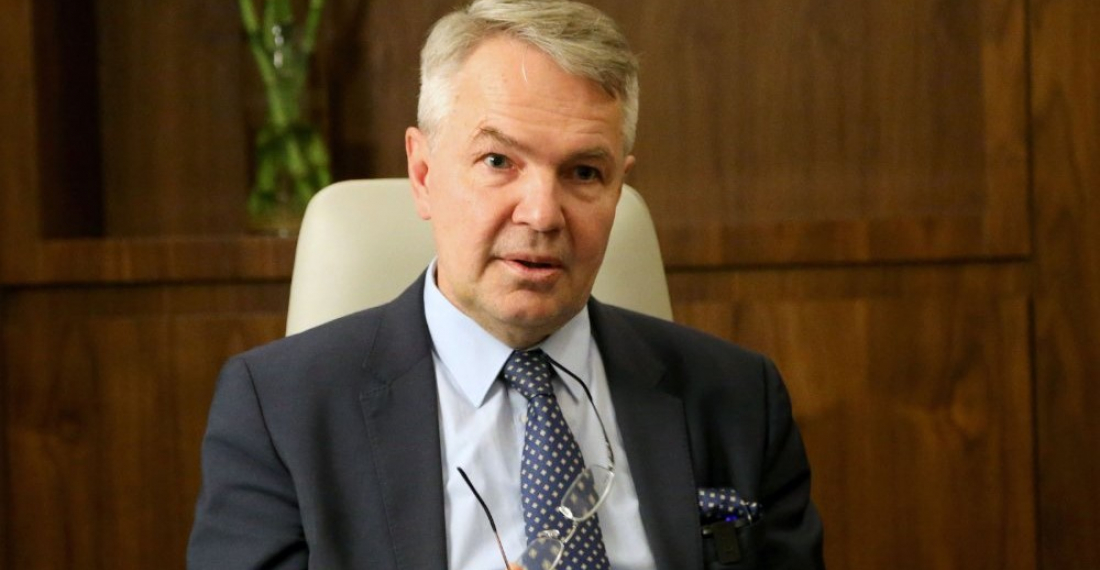In an exclusive interview with Arab News, Finnish foreign minister Pekka Haavisto, who is also the special envoy of the European Union for Ethiopia, emphasised the importance of international co-operation to bring the conflict in the Tigray region to an end. Haavisto, said it is important that the EU works with Saudi Arabia, given that it has “good relations with all parties in the whole of Africa”.
“International co-operation in this issue is very important,” he said, citing the risks of other conflicts developing in a region that already has many. At present, there are growing tensions between Sudan-Ethiopia, and disagreements between Ethiopia, Egypt and Sudan over the construction of the Grand Ethiopian Renaissance Dam.
Haavisto made a stop in Saudi Arabia and UAE en route to Ethiopia on his second mission as EU envoy mandated by the EU High Representative Josep Borrell. In his interview, the Envoy spoke about various issues ranging from Ethiopia to Yemen and more.
For Yemen, Haavisto said that the latest Saudi proposal for peace in Yemen is “a very positive initiative,” and reiterated his condemnation of deliberate attacks by the Houthis on civilians in Yemen and in Saudi Arabia. The discussions held in Riyadh with Saudi officials also explored the possibility of a period of calm in Yemen during Ramadan.
“I think it should be a united common message from the international community to also bring Houthis to the negotiation tables. We shouldn’t accept additional violence, and particularly people should think about the civilians and the fate of the civilians in Yemen.”
Haavisto also said that the EU was closely following Vision 2030 and the reforms in Saudi society. The EU team and Saudi officials agreed to keep exchanging views on developments as well as explore future possibilities for closer co-operation. Haavisto said he sees plenty of possibilities for the Kingdom and the EU to work together. He said that there was a lot in common things in the private sectors and a lot of common interest to be developed there.







